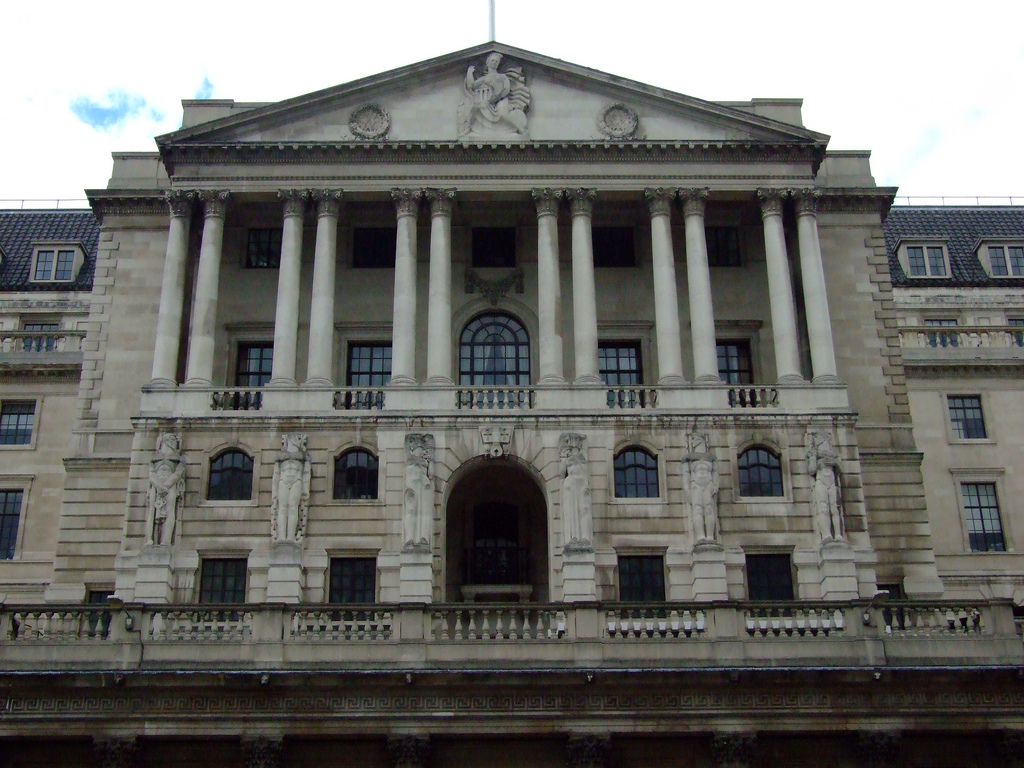First-time Buyer
Inflation correction may increase pressure for rate rise

Last month’s inflation figures were understated, which may mean there is even greater pressure on the Bank of England to raise interest rates.
First reported in The Times, the Office for National Statistics (ONS) is to publish a correction on one of the key metrics used to measure inflation. The correction is expected to show that companies’ employment costs have been rising faster than previously thought.
These costs show the overall cost to companies of employing one person and can be a clear sign of inflationary pressure creeping back into the economy. This is in contrast to inflation caused by currency depreciation, which is usually temporary.
If, as expected, these costs register at 2.4% growth, it would be significantly ahead of the Bank’s expectations of 1% growth and may push the Bank of England to raise rates by 0.25% at its next meeting. The error was spotted by Simon Ward, UK economist at Janus Henderson.
Mortgage rates are already rising in response to the increasing chance of a rate rise. Charlotte Nelson, finance expert at Moneyfacts, said: “While month-on-month figures show that the average two-year fixed mortgage rate has fallen, this doesn’t quite tell the whole story. In fact, the average rate has now increased to 2.24% after a 0.04% rise from 1 October.
“The higher inflation figure announced on 12 September, coupled with the Bank of England stepping up its interest rate warnings, gave a clear indication to markets that a base rate rise is likely in the near future. This acted as a catalyst for SWAP rates to rise, with the two-year SWAP rate increasing from 0.54% to 0.82% in just one month.
“In the past few years, the link between mortgage rates and SWAP rates appeared to be broken, not only due to the volatility of the rates but also the fierce competition among lenders in the mortgage market. However, the substantial increase in SWAP rate seen in the past few weeks has quickly changed this, with 21 providers upping their rates since 12 September.”